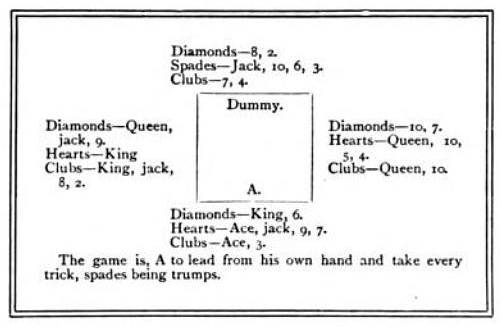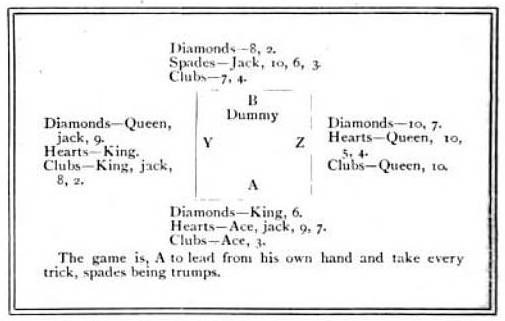I fire two shots and kill Cristabel. The first bullet strikes her brain, killing her immediately. The second bullet lodges in her heart: it would have killed her, had she not already died because of the first bullet. I argue that I did no serious harm. Bearing in mind what the second bullet would have done, the first bullet merely caused Cristabel the loss of one second of life — hardly serious. The second bullet, of course, did not kill her.
— Peter Cave, This Sentence Is False, 2009



